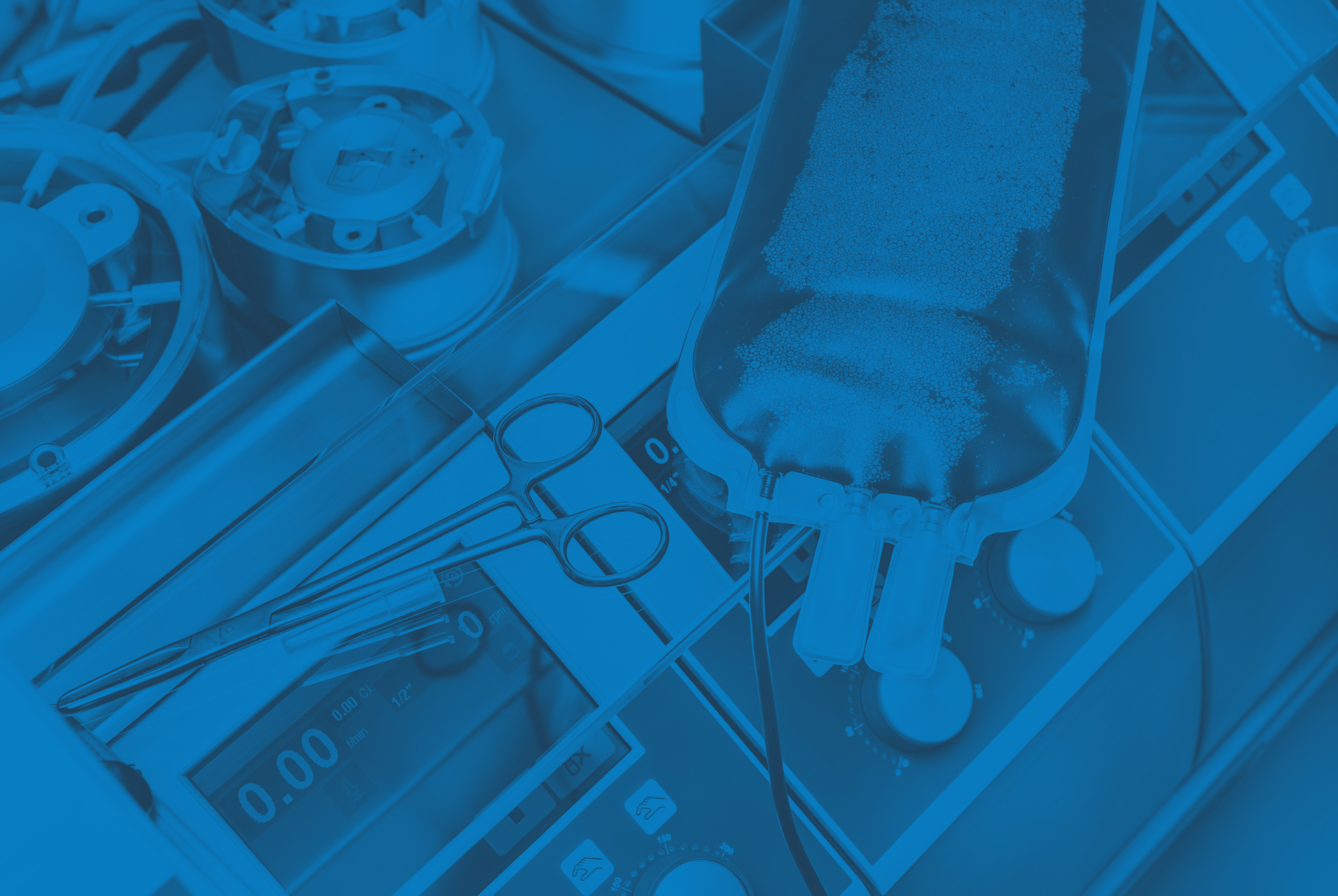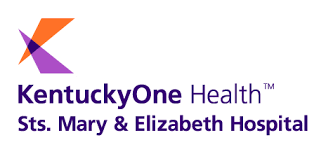
Sts. Mary & Elizabeth Hospital
Located in Louisville, Ky., Sts. Mary & Elizabeth Hospital (SMEH) is a 331-bed primary care hospital offering specialized cancer, pain management, surgical and emergency services. SMEH (formerly CARITAS Medical Center) is a member of the Catholic Health Initiatives family and, through a merger with Jewish Hospital System, is now also part of Jewish Hospital and St. Mary’s HealthCare. Serving southern Louisville for more than a century, the hospital was founded in 1874 by Sisters of Charity of Nazareth. The OR suite at SMEH, where approximately 6,000 surgical procedures are performed every year, has seven operating rooms and one cystoscopy room.

At a Glance
SMEH was entering the final weeks of a threeyear contract with a manufacturer that provided all of the hospital’s general minimally invasive surgery (MIS) instrumentation, including endoscopes, light cables and operating instruments. The Executive Director of Surgical Services, Wanda Moore, felt she had three options: 1) enter into a new lease agreement with the current or an alternative manufacturer; 2) purchase the leased instrumentation and discontinue the lease; or 3) purchase new instrumentation.
Moore wanted more flexibility than a new lease agreement with a single manufacturer would offer. She also felt purchasing the existing leased instrumentation would not be prudent due to the age of the equipment and the need for technology updates. The capital outlay to purchase new instrumentation was prohibitive.
It was then Moore remembered what she’d heard about a company that had recently begun to provide on-site management services for Catholic Health Initiatives (CHI). “That’s when I added a fourth option to my list and contacted SpecialtyCare,” said Moore.
SpecialtyCare provides on-site clinical technicians to attend and support each contracted MIS procedure. It also supplies the needed endoscopic instrumentation. Because the SpecialtyCare program is highly customized to meet the needs of each individual facility, Moore decided the hospital would purchase and maintain the endoscopes, cable and cameras while SpecialtyCare would provide all operating instrumentation and related supplies.
“The efficiency, effectiveness and even the environment in the OR have been greatly enhanced by the presence of SpecialtyCare.”
The Solution: Minimally Invasive Support Services from SpecialtyCare
The SpecialtyCare/SMEH partnership includes the following features:
- SpecialtyCare provides professionally trained Clinical Technicians to support equipment and instrumentation before, during and after general and gynecological MIS procedures. The Technicians are also trained and credentialed to provide assistance with other non-patient contact activities, such as room turnover.
- SpecialtyCare Clinical Technicians are available weekdays from 7 a.m. to 4 p.m. and can be called in for after-hours cases.
- All general and gynecological MIS operating instrumentation is owned and maintained by SpecialtyCare. Repair, loaner and other operating instrumentation expenses are the responsibility of SpecialtyCare. SMEH is responsible for repair/ replacement expenses for equipment it owns. However, SpecialtyCare Clinical Technicians check, clean and maintain it.
- SpecialtyCare provides nearly all the MIS disposable supplies/accessories needed for procedures. SpecialtyCare Clinical Technicians inventory, reorder and manage these supplies.
- A SpecialtyCare field manager provides both personnel and account oversight and assistance and also monitors the reporting process.
- SpecialtyCare is paid a set fee for each procedure supported by SpecialtyCare Clinical Technicians.
Turnover Times and Supply Expenses Drop, Surgical Volumes Double
The results have been dramatic:
- Almost immediately, turnover times fell from 25 minutes to 15 minutes.
- General/gynecological MIS surgical volume more than doubled.
- Procedure volume growth has been managed with no additional FTEs in the OR.
- Supply expenses for these procedures have actually decreased as the use of reusable items increased and supply planning improved.
- The often-frantic staff activity to gather and check supplies/instrumentation before surgery has been eliminated, as staff know instrumentation will be correct, complete and functioning perfectly.
- Surgeons appreciate the consistency in instrument quality and accuracy.
- Repairs are timely, and replacements are provided so trays remain complete.
- Waste has been reduced as Clinical Technicians determine what is generally needed and open other supply items only if necessary
“The primary reason I initiated the SpecialtyCare program was a financial one, but the reason I continue to use SpecialtyCare is because of its outstanding service.”
Working Together: SpecialtyCare Responds to Volume Growth
One year after engaging SpecialtyCare, Sts. Mary & Elizabeth Hospital began a bariatric lapband surgical program. SpecialtyCare provided the initial instrumentation and supplies for the procedures. Volume grew so quickly, the demand on instrumentation led to periodic flash autoclaving of the sets. SpecialtyCare immediately responded to the hospital’s request for additional instrument sets by quadrupling the number available. “I was very pleased with SpecialtyCare’s response,” said Moore. “We were able to address the flash sterilization issue while avoiding capital outlay since all of the new instrumentation fell within SpecialtyCare’s customary fee per procedure.”
“We’re in This Together”
Partnering with you to bring highly trained Clinicians and specialized services to your hospital.
About SpecialtyCare:
SpecialtyCare brings the benefits of outsourced clinical services to hospitals across the country. We hire and train highly qualified clinicians — perfusionists, clinical technicians, surgical assistants and neurological monitoring technologists — who in turn provide exemplary service to our clients. The result: lower costs, better outcomes and fewer administrative headaches.